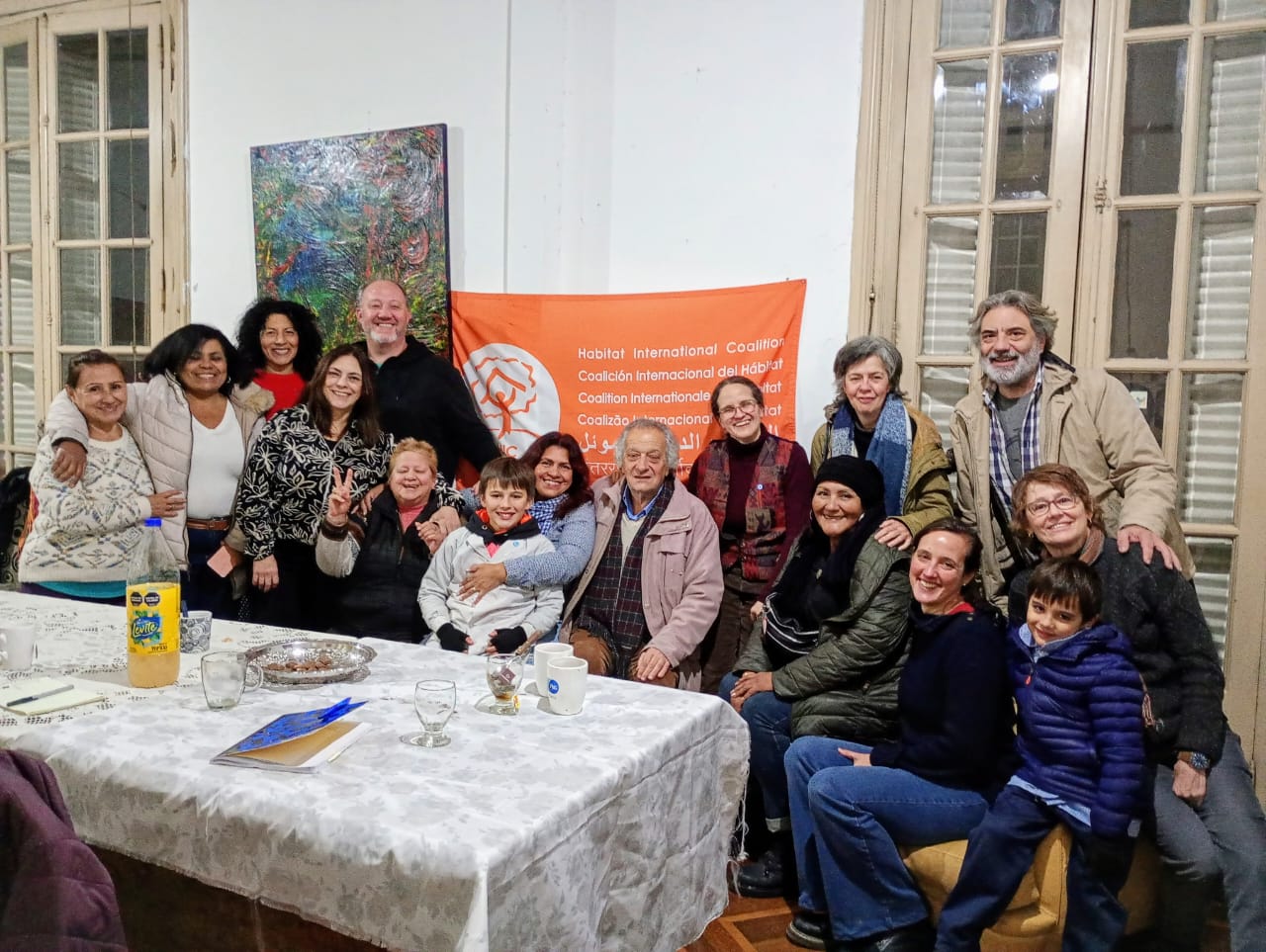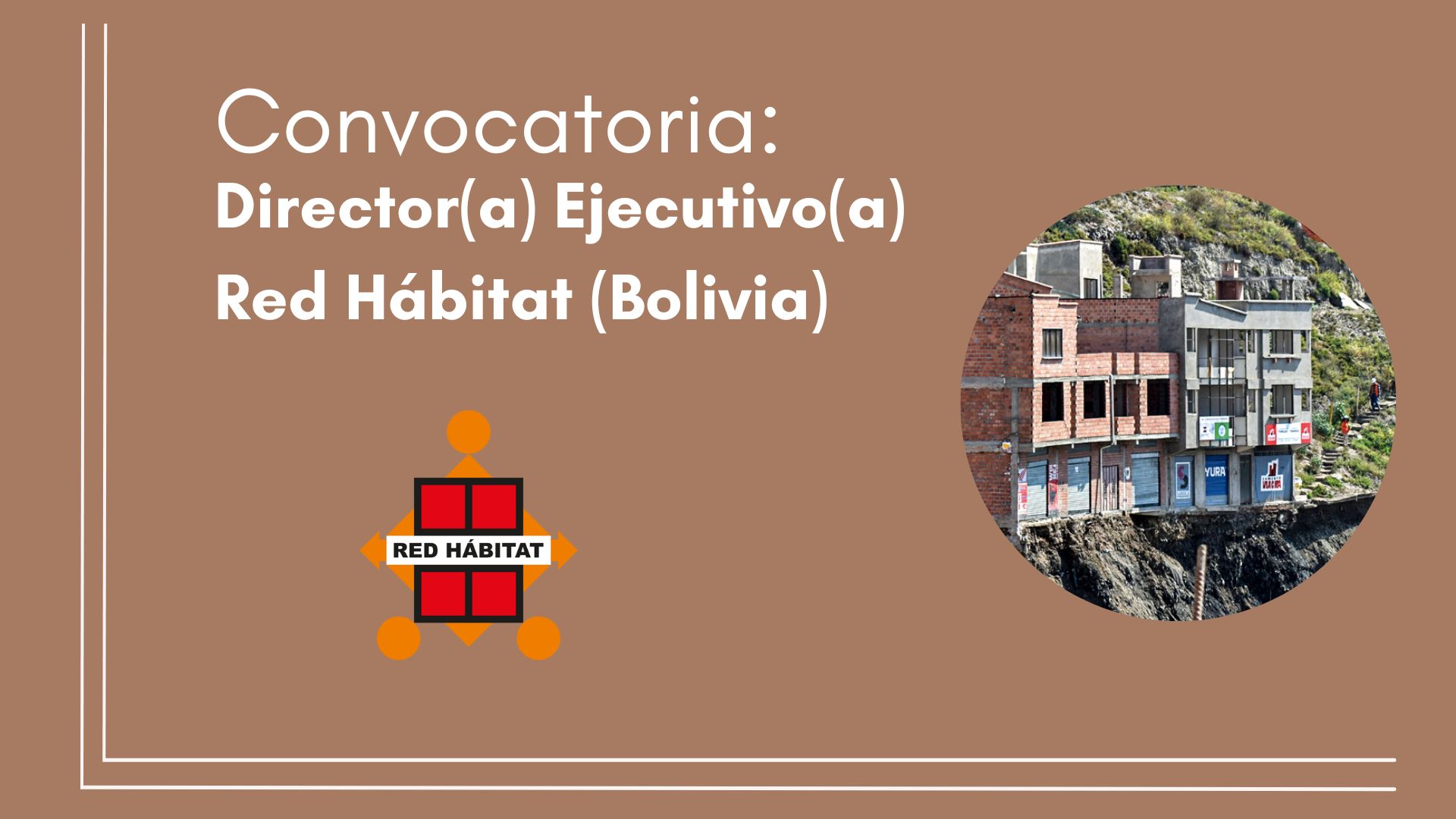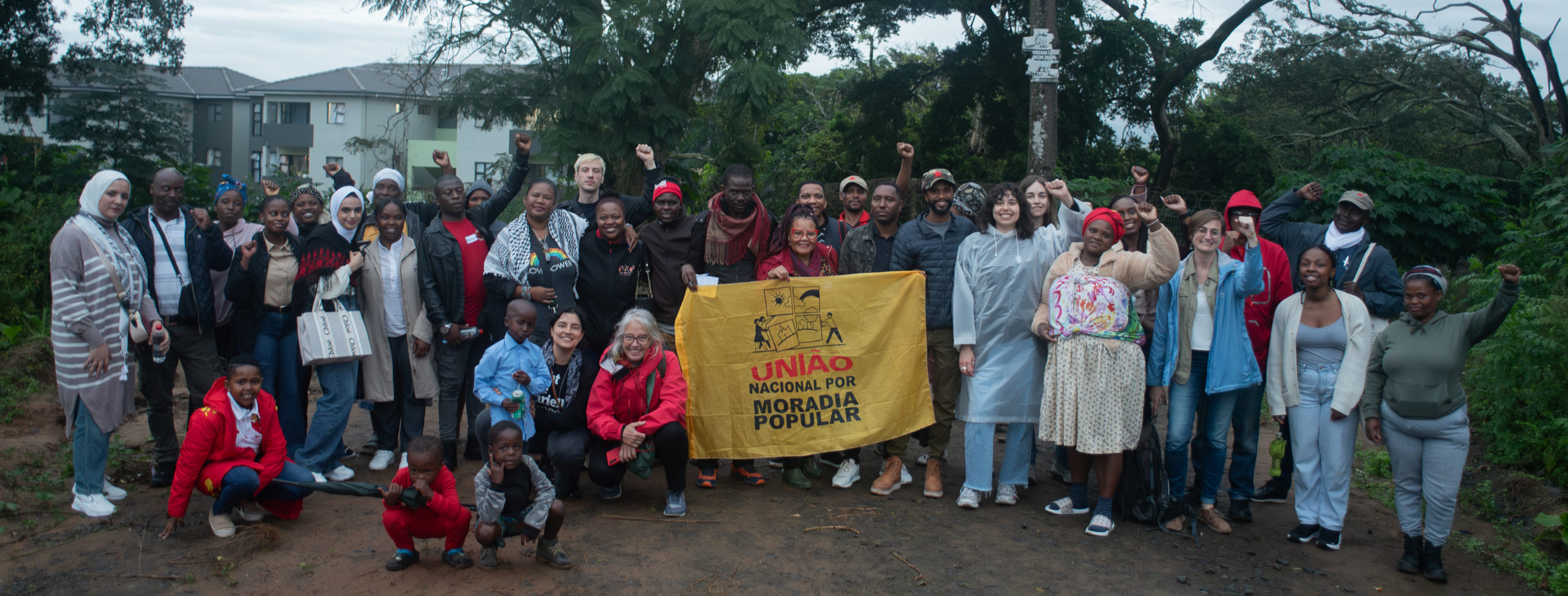To fight climate
change, we need a new development model.
The
Campaign for People’s Goals for Sustainable Development (The People’s Goals) challenges
world leaders gathered for the 20th session of the Conference of
Parties in Lima, Peru to heed people’s call for development justice. This would
mean securing legally-binding post-2015 goals and targets to combat climate
change and its impacts based on the findings of climate science and the
principles of climate justice and holding corporations accountable for the
social, economic, and environmental impacts of their activities to communities.
The
last two centuries have been marked by great strides in technology, production,
and progress. However, these have also precipitated global ecological and
development disasters. Multiple and interconnected environmental threats
confront us, including climate change, biodiversity and ecosystem loss, natural
resource depletion, and pollution.
The
present climate crisis threatening the planet and humanity is part of a broader
crisis of capitalism, an economic system that is now transgressing ecological
boundaries. The world has more than enough resources to provide for the needs
of all its people. However, the present system of production and consumption
undermines the natural basis of life through a need for constant growth, while
only a small minority of the world’s population, historically in the North and
a growing elite in the South, benefits from the results of such growth. Recent
data shows that the 66 richest people in the world have the same amount of
wealth than the poorest 3.5 billion.
The
current development model has led to the privatization and plunder of the
global and local commons and exacerbated inequalities and the exploitation of
the working peoples. Mining and energy companies are seizing vast tracts of
lands and clearing of forests throughout the world, displacing indigenous
peoples from their ancestral domains. Waterways, streams, rivers, lakes, and
oceans are being privatized for exclusive use and exploitation of big business.
Agribusiness giants’ promotion of monoculture – a highly unsustainable
agricultural practice that is damaging to soil ecology, destroys biodiversity,
and increases dependency on harmful chemical pesticides and fertilizers – occurs
side by side with their push for the patenting and monopoly capture of seeds
and various life forms.
Rich
countries from the global North have consistently turned a blind eye to the
pressing call for a change in the global use of fossil fuels – the single
biggest driver of climate change. If the current trend remains, the next decade
will see over $6 trillion allocated to the fossil fuels industry. Large
historic emitters including United States, UK, Canada, Russia, Japan and
Australia continue to pursue the dirtiest and riskiest of fossil fuels – from
coal to tar sands and fracking – despite vehement protestations of people and
civil society. Currently, the Transatlantic Trade and Investment Partnership
(TTIP) that is being negotiated between the European Union and the United
States is expected to bolster and promote fracking and other risky new
technologies by weakening or overturning safeguards designed to protect the
environment and people – all in the name of corporate profits.
The
tragic part of it all is that poor people who have done the least damage to the
environment, used up the least global atmospheric space, and benefitted the least
from the economic growth are the ones bearing the brunt of climate change,
including losses of lives and livelihoods and limited prospects for
development. This is environmental injustice.
Proposed
solutions to address the climate crisis, however, are not simply insufficient
but are also aimed at furthering the concentration of resources in the hands of
the elites and their big corporations. The term “green economy” peddles the
illusion that capitalist growth can be made “sustainable.” Despite evidence of
the environmental and social harm they pose, market-based and technological solutions
promoted by corporations – emissions trading and carbon offsetting, carbon
capture and storage, agro-fuels, nuclear and hydropower energy – dominate the
range of solutions at the table.
The
year 2015 is a unique opportunity in setting the global response to climate
change. In this light, we at the People’s Goals would like to reiterate our
call to our leaders to commit to adequate climate action to avert the impending
global climate catastrophe and usher the world towards genuine sustainable
development.
An
urgent and long-overdue agenda that needs to be tackled is the shift towards
sustainable consumption patterns and lifestyles with developed countries taking
the lead in accordance with the principle of common but differentiated
responsibilities and respective capacities. Governments, but particularly of
the Global North, must commit to limiting global temperature rise to 1.5C
consistent with the recommendations of climate science, through drastic
emission cuts and fair-sharing of the global carbon budget that takes into
account per capita historical emissions – without resorting to carbon trading
or offsets. Additionally, these countries must commit to quantifiable goals
that will keep 80% of known fossil fuel reserves to remain in the ground and
rapidly shift energy systems towards sustainable, clean, efficient renewable
energy systems for people and communities. This must also be accompanied by the
delivery of adequate and appropriate climate finance and technology for mitigation
actions in the South. The burden of this transition must be borne by the
biggest corporations and wealthiest classes globally and within each
country.
The
post-2015 agenda must categorically repudiate market-based solutions to climate
change and, instead, promote economic alternatives based on solidarity and
local stewardship of the commons to enable democratic access to goods,
resources, and services and ensure egalitarian economic outcomes.
Equally
crucial, too, will be the transformation and regulation of the energy industry
to mitigate climate change. The post-2015 agenda must create an independent
technology assessment mechanism at international, regional and national levels
to assess the social, economic, environmental, cultural, and health impacts of
new technologies selected for development, transfer and diffusion, based on the
precautionary principle. And while this mechanism is under development, risky
technologies must be placed under meaningful moratoria.
Finally,
industrialized countries must provide new, adequate and predictable financial
resources and technology transfer to support developing country mitigation
actions, as well as adaptation to both climate change and the adverse effects
of response measures. In this relation, the existing intellectual property
rights regime must be revamped to allow easier transfer and development of
technologies that help promote ecological sustainability.
Only people-driven and democratically-decided
solutions based on justice, equality, and sustainable human development will
offer genuine ways out of the crisis of climate change and towards a humane world.
We at the People’s Goals vow to continue pushing for our demands, within and
outside the halls of official processes to achieve climate justice and a just
and transformative post-2015 agenda.
* To download the statement, please click here.


